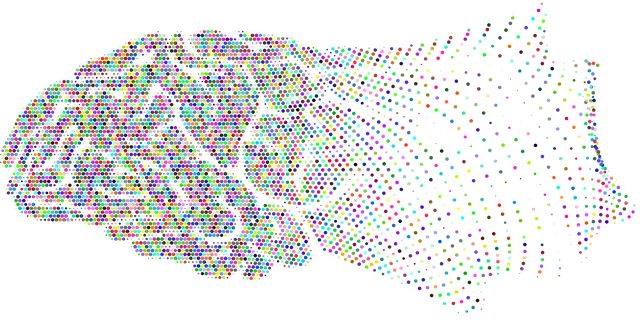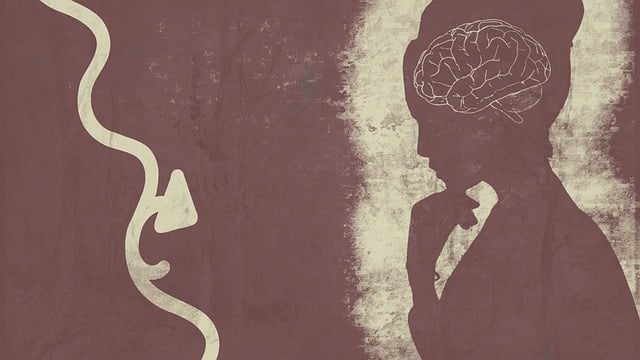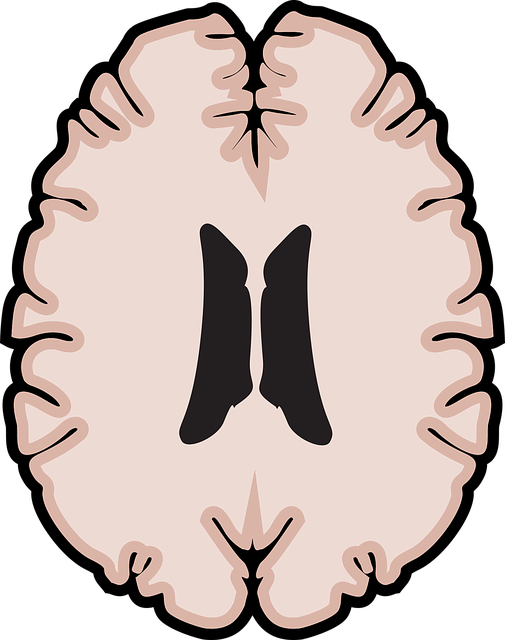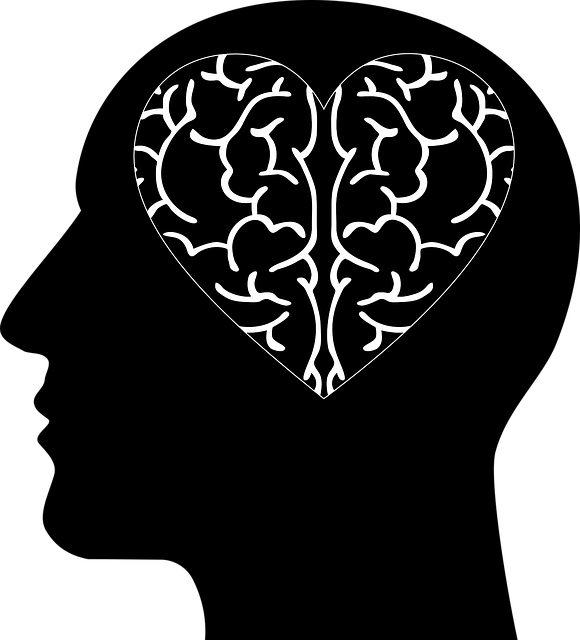Boulder's mental health landscape demands a nuanced approach, as revealed by prevalent anxiety, depression, and stress-related issues among residents (Boulder Mental Health Evaluations). Effective programs focus on tailored interventions combining therapy with self-care routine development for immediate needs and long-term resilience. Key strategies include burnout prevention for healthcare providers, cultural sensitivity training, and evidence-based therapies. Strategic partnerships with local organizations, schools, and community centers ensure accessibility and inclusivity. Digital platforms expand reach, while community events create safe spaces for open conversations. Continuous improvement through evaluation and feedback mechanisms drives program success, enhancing Boulder Mental Health Evaluations and Therapy outcomes.
In Boulder, Colorado, mental health is a vibrant issue, necessitating innovative solutions. This article explores the design of an impactful education program aimed at empowering community members with knowledge about mental well-being. We delve into assessing the local mental health landscape, crafting a comprehensive curriculum, and implementing strategies to reach all segments of society. Through success stories and feedback mechanisms, we highlight how Boulder’s approach can serve as a model for other communities, enhancing access to therapy and mental health evaluations.
- Assessing the Need: Understanding Boulder's Mental Health Landscape
- Program Structure: Crafting a Comprehensive Curriculum
- Implementation Strategies: Reaching and Engaging the Community
- Evaluation and Feedback: Measuring Success and Continuous Improvement
Assessing the Need: Understanding Boulder's Mental Health Landscape

Boulder’s mental health landscape is a complex web that requires nuanced understanding to design effective educational programs. Assessing the need involves delving into the unique challenges and trends within the community. According to recent Boulder Mental Health Evaluations, anxiety disorders, depression, and stress-related issues are prevalent concerns among residents. These evaluations highlight the importance of tailored interventions that not only provide therapy but also foster self-care routine development for better mental health.
Understanding the local context is crucial in designing programs that resonate with Boulder’s diverse population. By integrating strategies for stress reduction methods and empathy building, educational initiatives can address immediate needs while fostering long-term resilience. Recognizing these factors ensures that the program meets participants where they are, providing valuable tools to navigate life’s challenges and enhance overall well-being.
Program Structure: Crafting a Comprehensive Curriculum

A well-structured mental health education program begins with a comprehensive curriculum that seamlessly integrates various aspects of mental wellness. In designing such programs, it’s crucial to strike a balance between theoretical knowledge and practical application, especially when addressing issues like burnout prevention among healthcare providers. Incorporating topics such as Burnout Prevention Strategies for Healthcare Providers and Cultural Sensitivity in Mental Healthcare Practice ensures participants gain valuable insights into managing their own well-being while delivering empathetic care.
The curriculum should include modules that delve into different mental health evaluations, evidence-based therapies, and coping mechanisms. By combining lectures, interactive workshops, and group discussions, learners can explore these topics from diverse perspectives. For instance, in the context of Boulder Mental Health Evaluations, participants could learn how to conduct thorough assessments while considering cultural nuances, thereby fostering more effective therapy sessions tailored to individual needs.
Implementation Strategies: Reaching and Engaging the Community

Implementing a comprehensive mental health education program requires strategic planning to reach and engage the community effectively. One crucial approach is to partner with local organizations, schools, and community centers in Boulder to ensure accessibility and inclusivity. By collaborating with these entities, the program can be tailored to address specific needs within diverse populations, fostering a sense of belonging and trust. For instance, engaging youth through school-based initiatives focused on stress management and resilience building using evidence-based practices like cognitive-behavioral therapy can significantly impact their mental well-being.
Additionally, leveraging digital platforms for online therapy sessions and mental health evaluations expands reach beyond geographical boundaries. This strategy is especially beneficial for remote areas or individuals with limited mobility, ensuring they have access to necessary support. Incorporating community events, workshops, and peer support groups centered around topics like mood management, positive thinking, and Mental Health Policy Analysis and Advocacy further strengthens engagement. Such initiatives not only educate but also create safe spaces for open conversations, reducing stigma and encouraging early intervention.
Evaluation and Feedback: Measuring Success and Continuous Improvement

Effective mental health education programs rely heavily on evaluation and feedback mechanisms to measure their success and facilitate continuous improvement. This process involves assessing various outcomes, such as knowledge gain, attitude changes, and behavioral shifts among participants, typically through pre- and post-program assessments. By comparing these results, educators can identify what aspects of the program are working well and which areas require enhancement.
Additionally, gathering feedback from participants, facilitators, and relevant stakeholders provides valuable insights into the program’s effectiveness and impact. This feedback loop supports evidence-based decision-making, ensuring that the mental health education program aligns with current research and best practices, such as Burnout Prevention Strategies for Healthcare Providers and Self-Care Practices. Moreover, integrating this feedback into program design can foster a more inclusive and responsive learning environment, ultimately leading to better outcomes in promoting Boulder Mental Health Evaluations and Therapy.
Boulder’s mental health landscape, with its unique challenges, demands a tailored education program. By assessing the community’s needs through comprehensive evaluations, designing an engaging curriculum that offers accessible therapy options, and implementing targeted outreach strategies, we can foster a more resilient and informed population. Continuous feedback loops ensure the program remains relevant and effective, ultimately enhancing Boulder residents’ mental well-being. These integrated approaches to mental health education are key steps towards creating a healthier, more supportive community.














